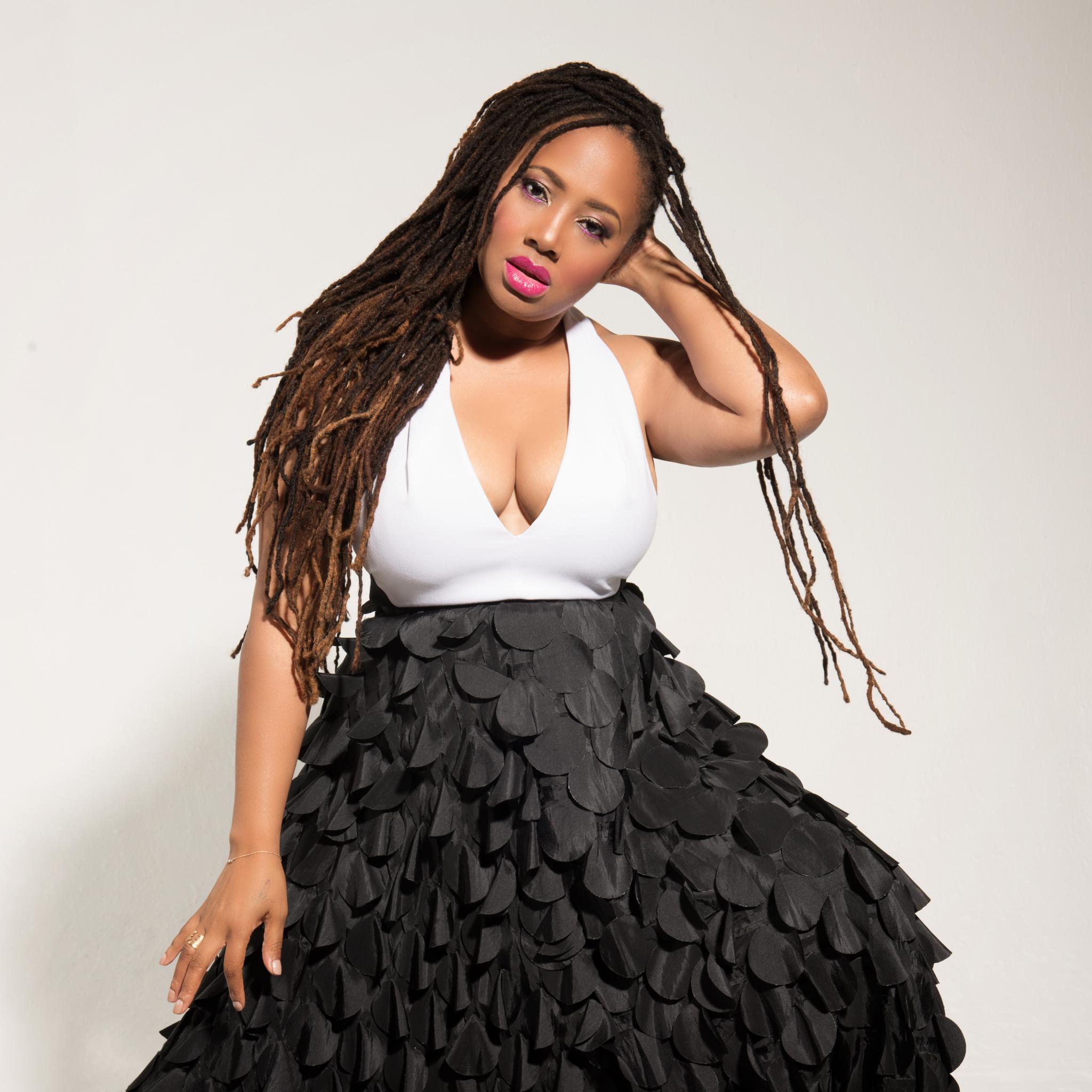
Nearly four years since her last studio release, Lalah Hathaway is back with a new live album, Lalah Hathaway Live! A soulful and healing mélange of performances that reflect the last 25 years of the singer’s career. “In essence, it is kind of a-best-of record,” Hathaway tells ESSENCE “I’ve included songs from my first record from 1991 all the way up through now.” The album features two dual-lead singles: “Angel” and “Little Ghetto Boy.” Both covers of artists Hathaway admires most, Anita Baker and her legendary father Donny Hathaway.
ESSENCE caught up with the gifted singer to discuss her new release, her special connection to Anita Baker and working with Kendrick Lamar.
Congrats on your live album!
Thank you. I recorded it at the Troubadour Theater in Los Angeles, where my father (Donny Hathaway) recorded some of his live record.
Wow, do you ever feel pressure to live up to your father’s legacy?
Not that kind of pressure. The pressure I apply to myself is more pressure than anyone could ever apply from outside of me. It’s not the kind of pressure to live up to anything; it’s just a pressure to be great.
This live album features your cover of Anita Baker’s “Angel,” talk to us about your special connection to her?
I did a tribute to Anita Baker in 2010 on The Soul Train Awards with Chrisette Michelle, Tamia, Faith Evans, Rachelle Ferrell, Dionne Farris and Goapele. I sang “Angel” and it was just one of those moments. That’s one of those songs that I had been singing in a brush or a broom handle for years and it was such a pleasure and honor to sing it for her. And then it became part of my show because [fans] kept asking “can you put that song in your show?” But then I decided that it was one of those songs that I really wanted to re-record, so I talked to her before I did that.
She was one of those voices for me, as a young girl, that I could really identify with because her voice was so dark and had so much color; other singers at that time had higher voices. So I could listen to Anita and feel like, “oh wow, my voice is dark like hers.” So before anyone else heard my re-recording of ‘Angel,’ I wanted her to hear it and tell me that she was OK with it.
That’s amazing!
You know, I was on my Periscope yesterday [a live-streaming app], and I was playing some old Gladys Knight, Patti Labelle and Anita Baker and it just occurred to me that there’s a generation of people that left such a strong blueprint that there’s no way that you couldn’t try to be great. When I was younger, their voices and personalities and the way they carried themselves when you saw them—they were regal and there was a certain greatness to aspire to so how could you not want to be great when you come from that?
You’ve been in the business for over 25 years, and as music evolves, talk to us about some of your observations.
In the ‘80s and ‘90s, that was a generation that had occasionally been to church and had seen instruments, I was talking to Kirk Franklin about this last night. I didn’t go to church every Sunday, but when I did go, there was a piano there, when I went to go visit my grandmother she had a piano. I was in a choir [with live bands], and music was a part of life.
I doubt that your average 8-year-old gets to interact with an instrument now. A lot of us don’t have bands in our schools—they don’t have instruments, so they don’t even get to interact with an instrument on a casual level.
When we used to go visit people from the church, everyone had a piano even if they didn’t play. It just used to be in the house. Whether you had a blanket on it with pictures, showcasing family photos, it was still apart of the fabric of the home. I don’t know if as many people go to church anymore. Your best singers come right out of church.
What artists are you listening to now?
I am really loving Jazmine Sullivan, Kendrick Lamar and Terri Lyne Carrington right now.
Live albums versus studio albums—which do you prefer?
With live albums, I really love the live aspects like the immediacy of the audience and the lights. I love how the dust filters through the lights [while I’m on stage.] But, I also love creating in the studio, creating a timeless moment that doesn’t change. I love both—I love all aspects of creating music.
What is Lalah Hathaway like when she’s not working on making music? What do you love to do?
I like to cook and photography! Today I am cooking—I’m making butter beans and corn.
A lot of fans were surprised to learn that you were on Kendrick Lamar’s album “To Pimp a Butterfly.” How did you end up working with him?
My friend, who is a producer and did work with me on my album, did a lot on Kendrick’s record, and he called me for the session. If you listen to “To Pimp a Butterfly” closely, it’s really a musical record; a lot of musicians are on that record. I think Kendrick Lamar is a genius—to me I can compare him to a really great triumphant player or drummer because of his rhythmic cadence, he’s so musical and lyrical. I really enjoyed that experience and love when people say, ‘Wow, you’re on the Kendrick Lamar record, how’d that happen?”
Lalah Hathaway Live! is out October 30. Her lead singles are out now.